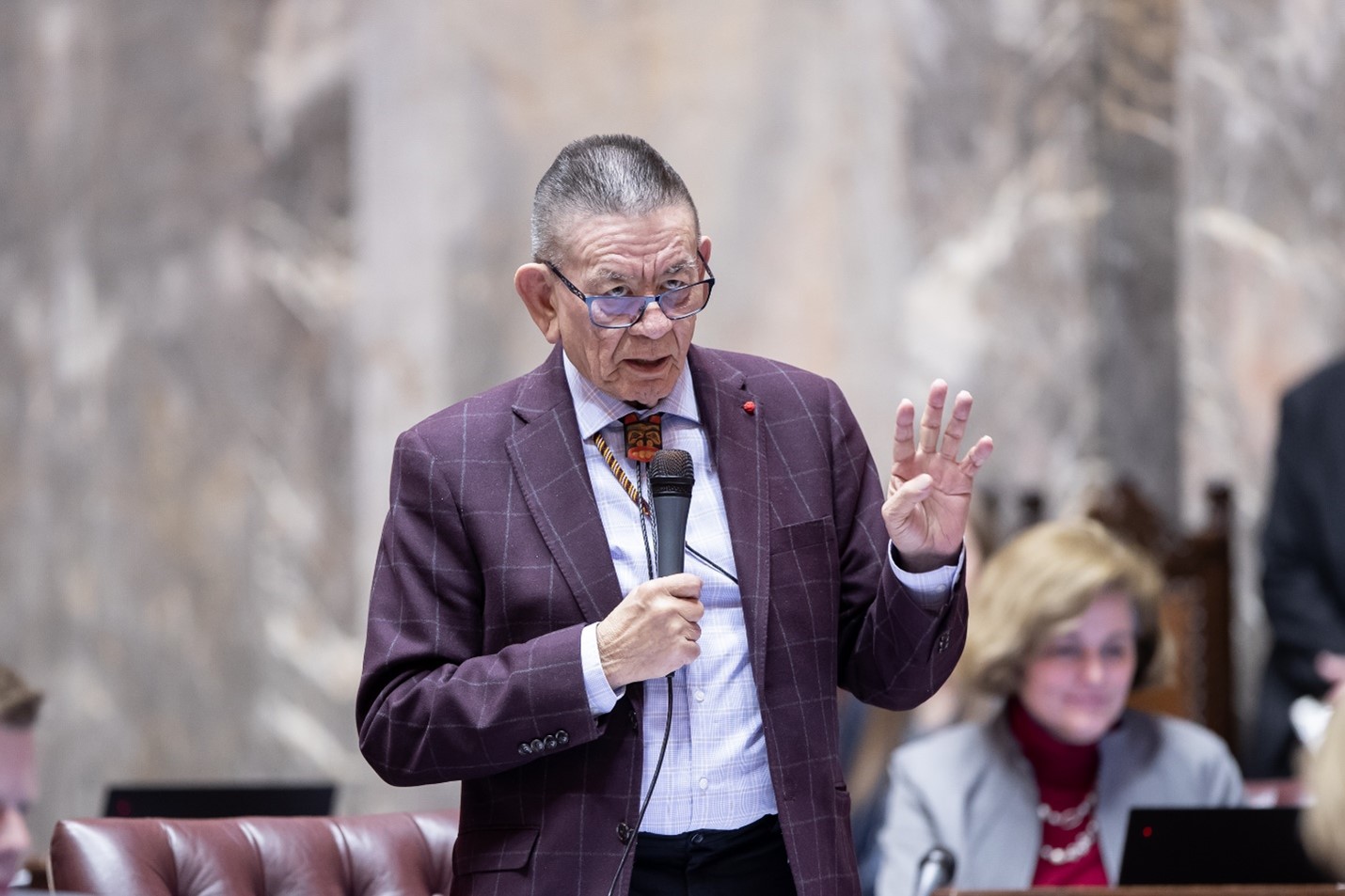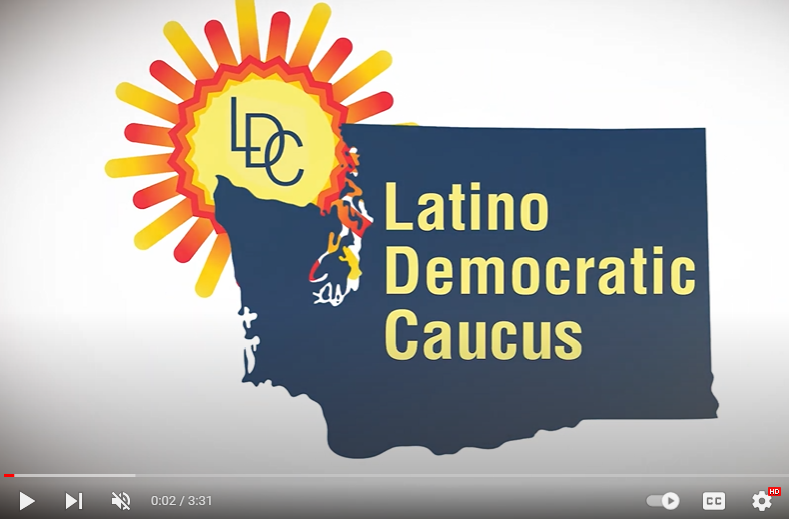Dear Friends and Neighbors,
As we enter the traditional autumnal harvest season, I am mindful of the traits that past generations relied on to root and to thrive here in Washington and across our fertile nation: the support of neighbors helping neighbors, the pride of workers able to amply provide for their families, and the satisfied spark of curiosity encouraging children to expand their learning in school. These values transcend our diverse communities and continue to shape our state and economy today, so this newsletter pays homage to the legacies we inherited and how our state is sustaining the spirit of these legacies in the laws we pass for our future generations.
Coincidentally, the Fall months are especially ripe for recognizing the central involvement of our diverse communities in our history and economic prosperity. For example, Latinos provide a literal backbone of our state economy, often as essential workers who plant and harvest the food on our tables as well as the agricultural product which comprises nearly one-third the value of all Washington exports and is nearly equal in value to our top export, transportation products.
Despite their tremendous role in establishing this economic productivity for our state, the needs and concerns of Latino workers, families, and their children have been historically overlooked or ignored. This is why, during Hispanic Heritage month (September 15 to October 15) I am particularly happy to celebrate the steady growth in representation of Latino voices in the Legislature, enabling my colleagues to form a Washington State Latino Democratic Caucus (LDC). Please click here or on the image below for a video featuring LDC members as they relay highlights of the policy and budget wins achieved during the 2023 session.
October is also Filipino American History month, commemorating the arrival of the first Filipino immigrants to the United States in October 1587 as well as the birth of labor activist Larry Itliong without whom the United Farm Workers of America (UFWA) would not exist. Up and down the West Coast, including a brief stop in Washington state, Itliong organized workers in the fishing and farming industry to take action for better pay and hours. His most visible effort was in orchestrating the Delano Grape strike of 1965 with his largely Filipino Agricultural Workers Organizing Committee (AWOC).
Knowing that the growers employed “divide and conquer” tactics by pitting Latino agricultural workers against Filipino agricultural workers and vice versa, Itliong met with César Chavez to invite the mostly Latino National Farm Workers Association (NFWA) to join forces to support all agricultural workers. Chavez and NFWA agreed and, together, Filipino and Latino farm workers co-led a five-year strike which successfully culminated in the first union contracts with grape growers in 1970. Indeed, in my view, this conjoining of the AWOC and the NFWA as the UFWA is one of the most enduring testaments to the power of interracial solidarity to achieve social justice outcomes.

Another giant in the ongoing quest for social justice was my friend and former colleague, Senator John McCoy of Tulalip, who passed away in June. He was a crusader for tribal sovereignty, for the environment, but – above all – for equity in education for each and every child in Washington state. Among his most significant education policies are the adoption of social-emotional learning standards for our state program of basic education and the inclusion of tribal history and culture as a statewide curriculum. He broke down barriers, built bridges, and educated tribal and non-tribal people about how we are more alike than different.
I can think of no better way to commemorate Indigenous Peoples Day (this year on October 9) than to pay tribute to the man who devoted his life and career to elevating the history, the culture, the rights, and the visibility of Indian Country throughout Washington state.
Thank you,
![]()
Rep. Sharon Tomiko Santos

